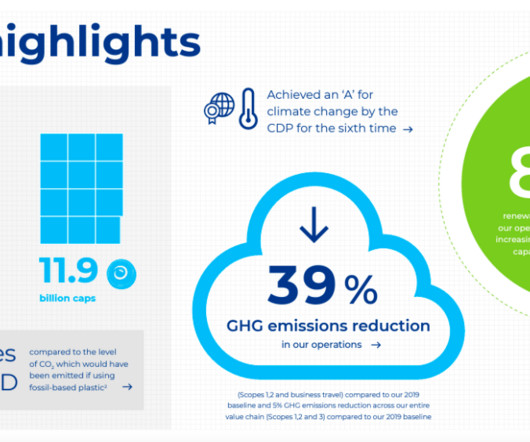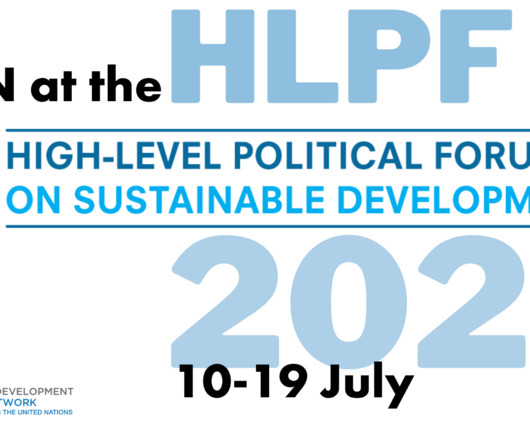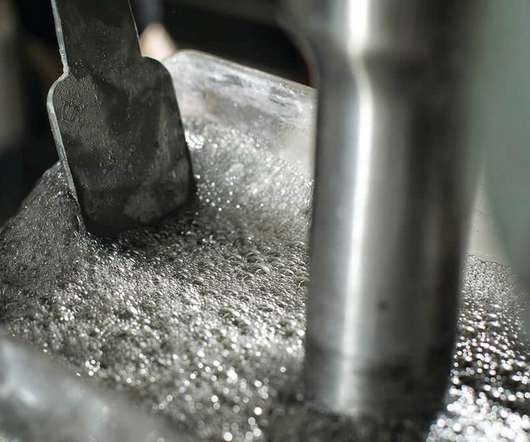COVID-19, 3D printing and the digital supply chain reckoning
GreenBiz
MAY 14, 2020
COVID-19, 3D printing and the digital supply chain reckoning. It took mere weeks to showcase their potential as enablers of flexible supply chains — capable of decentralizing worldwide production and responding to violent, unforeseen disruption. Supply Chain. Heather Clancy. Thu, 05/14/2020 - 03:28.



















Let's personalize your content